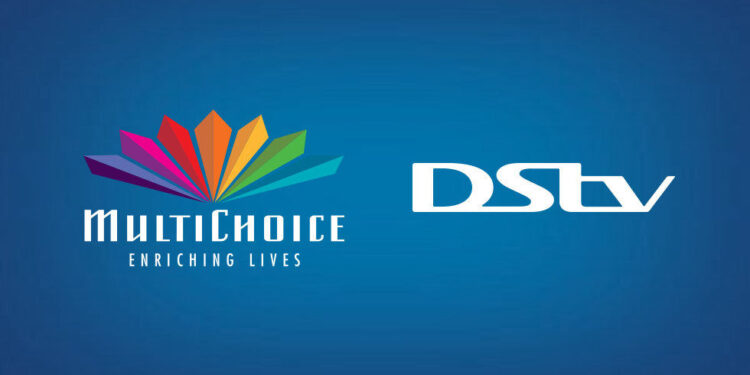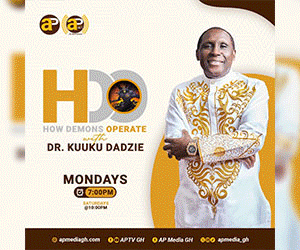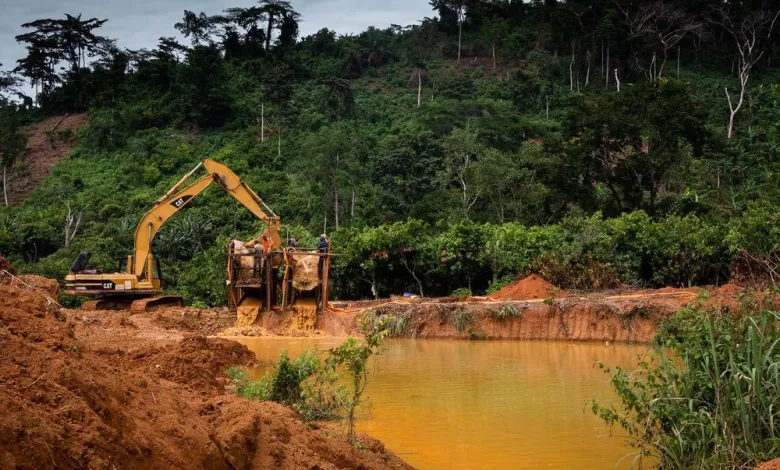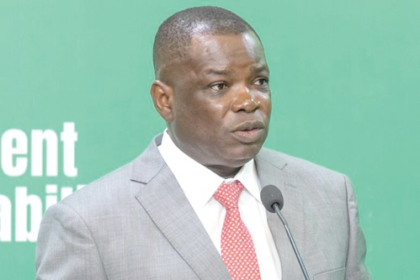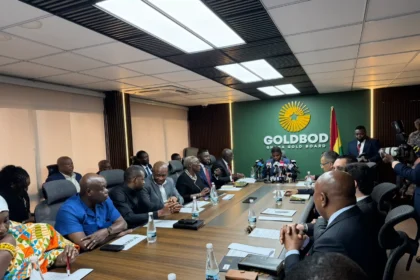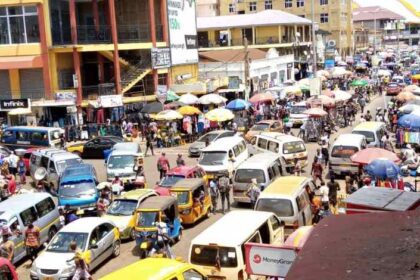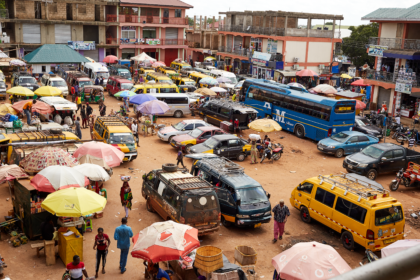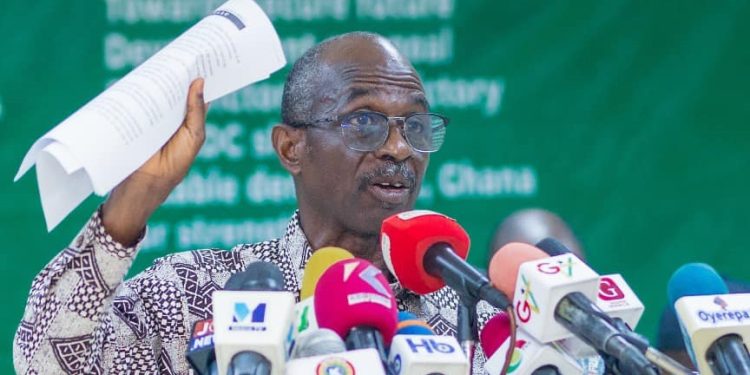After months of public outcry over rising subscription fees, the dispute between the Government of Ghana and DStv operator MultiChoice has ended in a compromise — but not the one many subscribers were hoping for.
Effective October 1, 2025, DStv is upgrading all subscription packages at no additional cost. Customers across all tiers are being moved to the next higher bouquet:
- Paddy → Access
- Access → Family
- Family → Compact
- Compact → Compact Plus
- Compact Plus → Premium
Even Premium subscribers, already paying the highest rate, will now be entered into a draw to win fully paid trips to Premier League matches, subject to terms and conditions.
Government describes the move as an “unprecedented value offer.” MultiChoice says it’s a sign the company is listening to consumers. But on the ground, opinions are mixed.
More Channels, But Is That What People Wanted?
Many subscribers had hoped for lower prices, especially after promises made earlier this year by government officials. Instead, they’re getting more content — not less cost.
“When people called for relief, they meant smaller bills, not bigger bouquets,” one social media user wrote.
And they may have a point. While additional channels are welcome, they don’t solve the fundamental issue: affordability. Households struggling to renew subscriptions aren’t likely to be comforted by access to 20 more channels.
The Economic Context
The discontent didn’t come out of nowhere. MultiChoice implemented three price hikes in just over a year — two in 2024, and another 15% increase in April 2025 — at a time when inflation and a weakening cedi were eroding household incomes.
In that climate, the government’s call for price reductions was seen not just as populist, but practical. Even public institutions — including the Presidency — reportedly suspended DStv subscriptions as part of cost-cutting measures.
With inflation now easing and the cedi showing signs of stability, the government argued that businesses like MultiChoice should pass on some relief to consumers.
A Tactical Win, But the Real Fight Remains
So what does this “value upgrade” really mean?
- Government claims a win: It avoided a shutdown and pressured a multinational into concessions.
- MultiChoice keeps its pricing model: It avoids a precedent-setting price cut, while offering more for the same fee.
- Subscribers get more content: But whether this improves their financial burden is questionable.
Still, the core issue — whether DStv is affordable for the average Ghanaian household — remains unresolved.
What Comes Next?
The next real test will come in December, when a stakeholder committee is expected to review the agreement. If inflation rises again or the cedi falters, will MultiChoice hold off on further price increases? Or will this “value offer” prove to be a temporary distraction?
“More channels are not the same as lower prices — and consumers know the difference.”
For now, most households will accept the additional content as the path of least resistance. But the long-term question is simple: Can families continue to afford DStv without sacrificing other essentials?
Until that question is answered, the debate isn’t over — it’s just paused.




